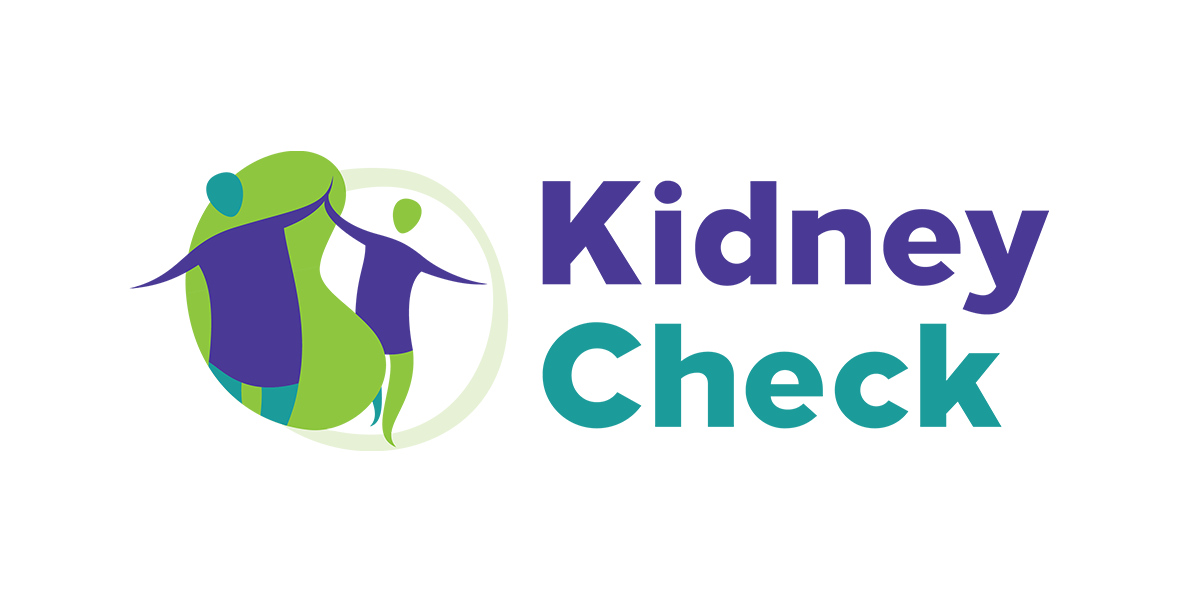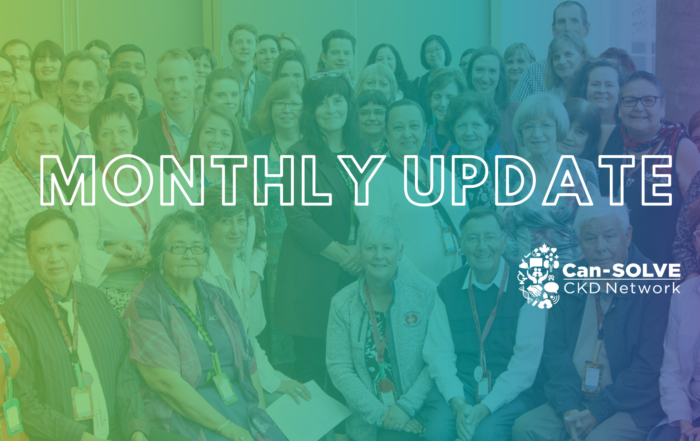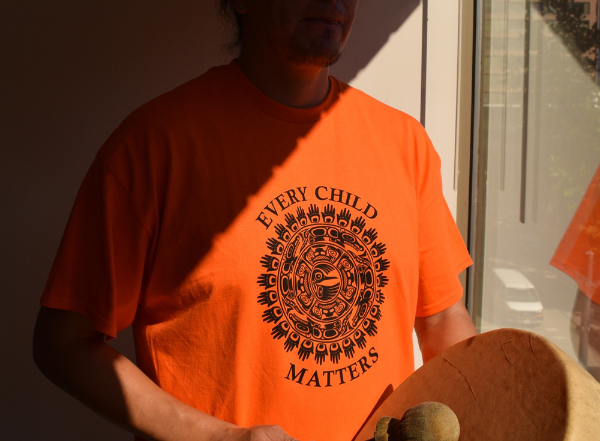 A program that offers kidney health assessments in remote Indigenous communities has been steadily increasing in scope. As of World Kidney Day this year, seven Indigenous communities have benefited from kidney health assessments, with more expected in the coming months. This marks an important milestone in ensuring that people have equitable access to care and in reducing the prevalence of advanced chronic kidney disease (CKD) in Canada.
A program that offers kidney health assessments in remote Indigenous communities has been steadily increasing in scope. As of World Kidney Day this year, seven Indigenous communities have benefited from kidney health assessments, with more expected in the coming months. This marks an important milestone in ensuring that people have equitable access to care and in reducing the prevalence of advanced chronic kidney disease (CKD) in Canada.
The best way to treat kidney disease is to identify it early and take preventative measures to slow disease progression. But accessing healthcare services can be difficult for some people in rural areas, including remote Indigenous communities. This problem is further compounded by the fact that Indigenous people are disproportionately affected by kidney disease. Whereas 1 in 10 people in the general population have CKD, the number can be as high as 1 in 3 for First Nations people.
The Kidney Check program was created to address gaps in kidney screening and care in remote Indigenous communities. “The Kidney Check project works to ensure access to quality health care for Indigenous people by working in a collaborative and culturally safe manner with First Nations communities” says Catherine Turner, the British Columbia Senior Kidney Check Project Coordinator.
Through the program, community members can receive free screening for CKD. This involves an appointment with a nurse, who helps assess blood pressure, conduct finger pricks for diabetes and kidney function screening, and collect a urine sample to screen for protein in the urine. “All these results are inputted into a calculation which determines the participant’s risk for kidney disease,” explains Beth Nielson, a nurse on the Kidney Check mobile team who has helped implement the program in 9 of the communities so far.
“I decided to get involved in this role as I have cared for patients with end-stage renal disease and I have seen how difficult it can be for people and their families,” Neilson says. “Early detection and intervention can have such a long-reaching positive effect for people and communities. If we can possibly prevent someone from requiring dialysis or a kidney transplant in the future, then I think that is a huge success.”
Since receiving project training, the Kidney Check nurses will be carrying out kidney screening sessions in their respective communities.Health-care providers have been trained in British Columbia, Alberta , and Manitoba with Ontario and Saskatchewan on track for training in the next year. These care providers began rolling out training in several Indigenous communities starting in 2019 with several more communities being engaged and scheduled for training in 2020.
Utilizing a model of point-of-care testing developed in Manitoba by First Nations health-care providers , Kidney Check is seeing the model expanded and adapted across Canada. The model of care involves state-of-the-art, portable testing equipment, a custom-designed iPad application that provides immediate risk category results, risk-based education for participants, as well as standard operating procedures, screening team training and manuals.
“It has been fantastic to meet community members and provide screenings,” Neilson says. “Most people walk into their appointment with a bit of trepidation, but walk out with a smile on their face because they now know what they can do to keep their kidneys as healthy as possible.”
The program was created with the support and input of patient partners. Cathy Woods is patient partner who has been involved with Kidney Check since its inception. “I love working on this project,” she says. “Working with communities and leadership in a cultural safe atmosphere, while understanding the social determinants of health and recognizing a holistic approach, is the best way to improve health outcomes for all. This project has the ability to positively impact rural and remote communities.”
To date, a few of Kidney Check’s greatest national successes were a collaborative effort between patient partners, clinical staff, First Nations Health Social Secretariat of Manitoba , Manitoba Renal Program and Diagnostic Services, Shared Health Manitoba and are the foundation for the screening initiative. Developing Standardized Operating Procedures that are used nationally for screening in First Nations communities using mobile point of care equipment to offer on the spot results and care; developing an iPad application with eQOL Technologies capable of working in remote communities without wi-fi or cellular technology to collect individual patient values from mobile lab equipment and estimate a 5 year risk of developing CKD; and developing a renal screening toolkit of communications resources available to anyone trying to establish the screening program are available online.
Kidney Check is poised to be implemented in seven more Indigenous communities nationally in the coming months. Neilson says that working with the local community health nurses has been a pleasure so far. “Everyone can see what a benefit this program can bring to their communities,” she says.
Learn more:







Connect with us